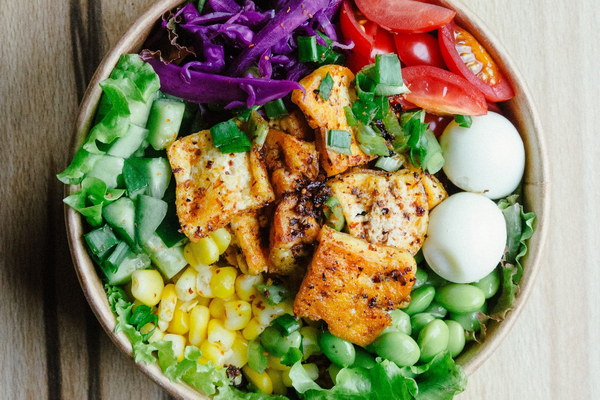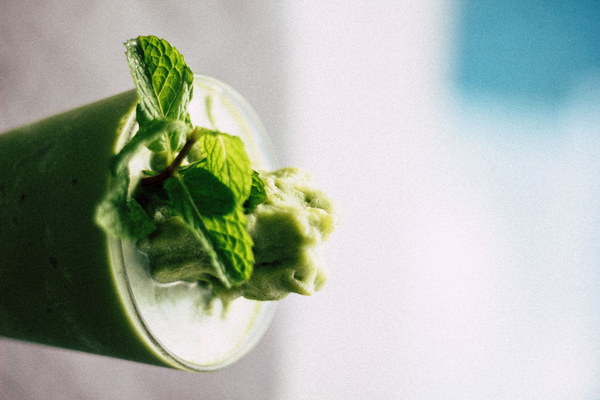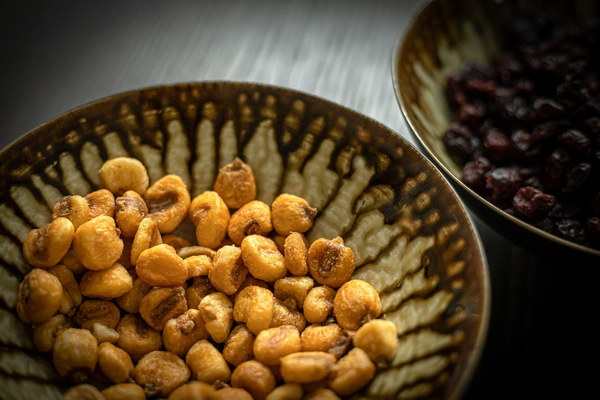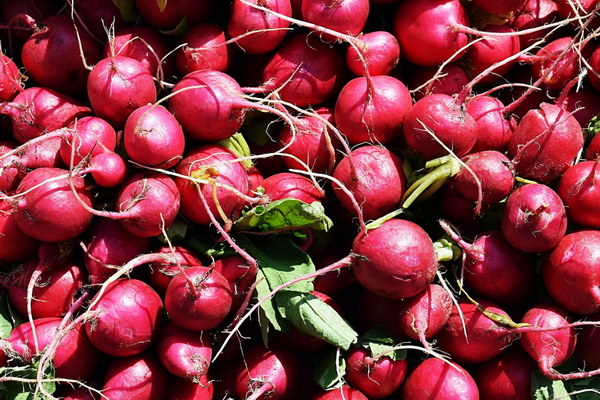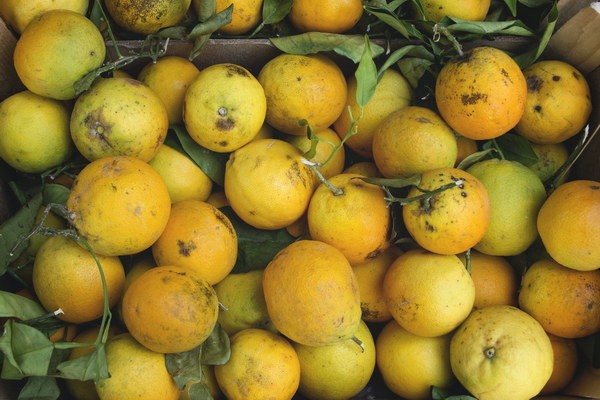Nourish Your Liver and Kidneys with These Diet Tips for Optimal Health
Introduction:
The liver and kidneys are vital organs that play a crucial role in maintaining our overall health. A well-balanced diet can significantly contribute to the optimal functioning of these organs. In this article, we will explore some diet tips that can help you nourish your liver and kidneys, promoting their health and well-being.
1. Consume a variety of fruits and vegetables:
Fruits and vegetables are packed with essential nutrients, antioxidants, and fiber that can support liver and kidney health. Aim to incorporate a wide range of colorful produce into your diet to ensure you receive a diverse array of vitamins, minerals, and antioxidants. Some beneficial choices include leafy greens, cruciferous vegetables, berries, and citrus fruits.
2. Include omega-3 fatty acids:
Omega-3 fatty acids have been shown to have anti-inflammatory properties and can help protect the liver and kidneys from damage. Foods rich in omega-3s include fatty fish (like salmon, mackerel, and sardines), flaxseeds, chia seeds, and walnuts. Aim to consume these foods at least a few times a week.
3. Choose whole grains:
Whole grains, such as brown rice, quinoa, and oatmeal, are rich in fiber and B vitamins, which can aid in liver and kidney function. These nutrients help to reduce inflammation and support detoxification processes in the body. Incorporate whole grains into your meals to promote optimal organ health.
4. Limit processed foods and sugar:
Processed foods and excessive sugar intake can put a strain on the liver and kidneys. These foods often contain high levels of unhealthy fats, sodium, and artificial additives, which can contribute to inflammation and organ damage. Try to minimize the consumption of processed snacks, sugary drinks, and desserts, and opt for whole, unprocessed foods instead.
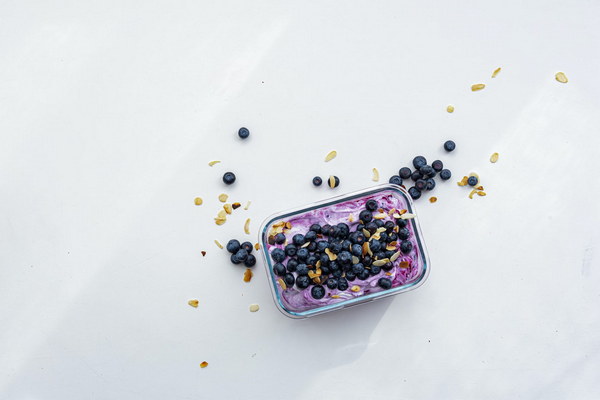
5. Stay hydrated:
Proper hydration is essential for maintaining kidney health. Drinking plenty of water throughout the day helps to flush out toxins and waste products from the kidneys, reducing the risk of kidney stones and other kidney issues. Aim to drink at least 8 glasses of water per day, or more if you are physically active or living in a hot climate.
6. Consume dairy and calcium-rich foods in moderation:
Dairy products and other calcium-rich foods can be beneficial for kidney health, as calcium helps to prevent the formation of kidney stones. However, it is important to consume these foods in moderation, as excessive calcium intake can be harmful. Aim to include moderate amounts of dairy (like milk, cheese, and yogurt) and other calcium sources (like almonds, kale, and fortified cereals) in your diet.
7. Limit alcohol consumption:
Excessive alcohol intake can significantly damage the liver and kidneys. It is essential to limit alcohol consumption to promote optimal organ health. If you choose to drink, do so in moderation and opt for healthier options, such as red wine, which contains antioxidants that may have some health benefits.
8. Add herbs and spices to your diet:
Certain herbs and spices have been shown to support liver and kidney function. Turmeric, ginger, milk thistle, and dandelion are a few examples of beneficial herbs that can be added to your meals or consumed as supplements. These natural remedies can help reduce inflammation, aid in detoxification, and support overall organ health.
Conclusion:
By incorporating these diet tips into your daily routine, you can help nourish your liver and kidneys, promoting their optimal functioning and overall health. Remember to consult with a healthcare professional before making any significant changes to your diet, especially if you have pre-existing health conditions or concerns.



